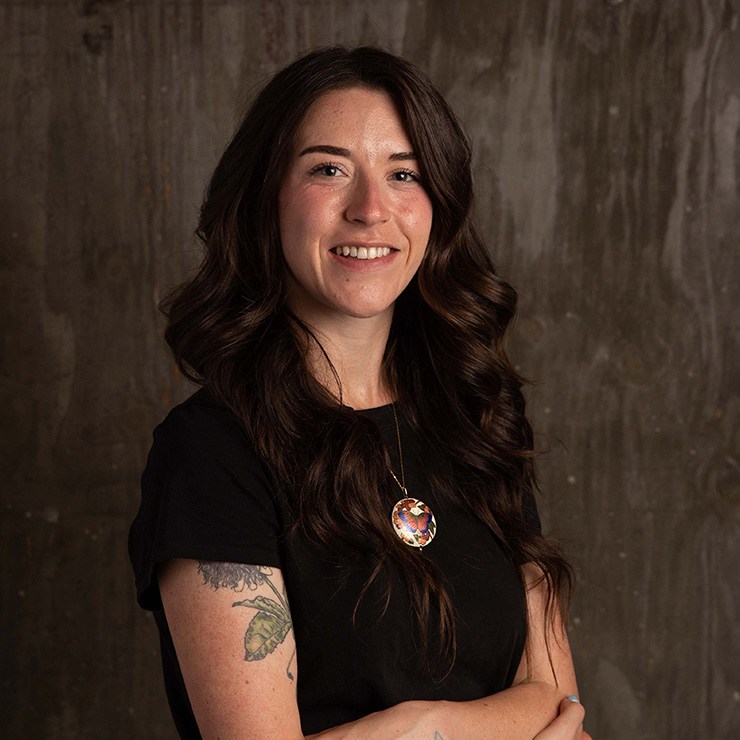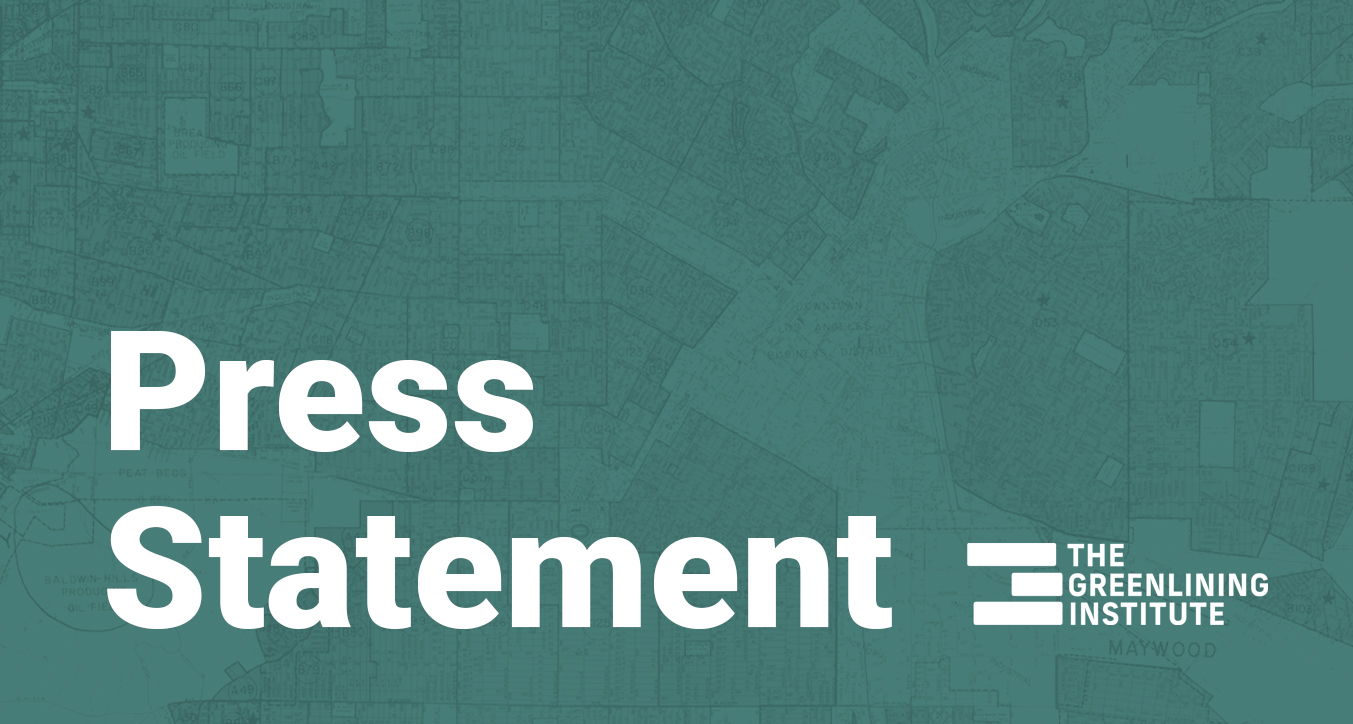New Report Calls for Reimagining Community Development

Media Contact
Danielle Bell
SENIOR PROGRAM MANAGER FOR MEDIA RELATIONS
media@greenlining.org danielle.bell@greenlining.org“Greenlined Economy Guidebook” Urges Decision-Makers to Put Community First
Contact: Bruce Mirken, Greenlining Institute Media Relations Director, 415-846-7758 (cell)
OAKLAND, CALIFORNIA – With the COVID-19 pandemic highlighting profound, structural inequities in U.S. society, The Greenlining Institute lays out a bold vision for a more equitable economy and calls for a radical rethinking of community development in its newly published Greenlined Economy Guidebook.
“It’s not enough to just rebuild an economy that’s clearly broken,” said guidebook author Sonrisa Cooper, Greenlining’s Community Development Program Manager. “The pandemic has shown us how deeply racism and inequity are embedded throughout our economy. This guidebook offers a way to rethink how we do everything — from housing and infrastructure to parks, transportation and more — putting community at the center. We need a Greenlined Economy.”
The guidebook offers a path to an economy that is cooperative, regenerative, democratic, non-exploitive and inclusive. It lays out the barriers that currently get in the way of such an economy, including unequal power dynamics that keep community members shut out of decision-making, a top-down mindset, the lack of capacity-building for redlined or disinvested neighborhoods, siloed programs and funding sources, an unwillingness to prioritize grassroots groups, and a system focused heavily on profit.
The guidebook lays out six standards for equitable community investment, followed by concrete examples of how they might be applied in particular situations. The standards are:
1. Emphasize race-conscious solutions, because race-conscious policies like redlining and urban renewal got us to this point, and race-neutral approaches can’t fix it.
2. Prioritize multi-sector approaches, since while programs may be siloed, the problems communities face are not.
3. Deliver intentional benefits to underserved communities, rather than just assuming that benefits will “trickle down.”
4. Build community capacity, which has too often been eroded by long-term disinvestment and discriminatory policies.
5. Be community-driven at every stage, from goal-setting to analysis.
6. Establish paths toward wealth-building that can reach as many as possible and include pathways beyond just homeownership, with lower barriers to entry.
“We’re asking for a dramatic transformation of how things have been done in our economy for a long time,” Cooper said. “Our current economic system isn’t built to meet the needs of communities of color. If the current crisis has shown us anything, it’s that the time to start doing things differently is now.”
To learn more about The Greenlining Institute, visit www.staging3.greenlining.org.


